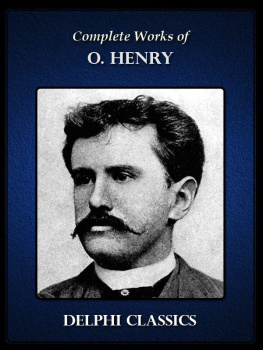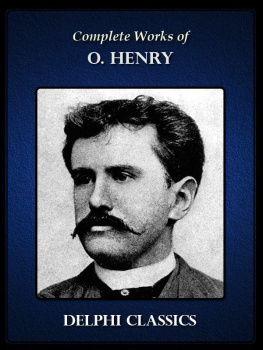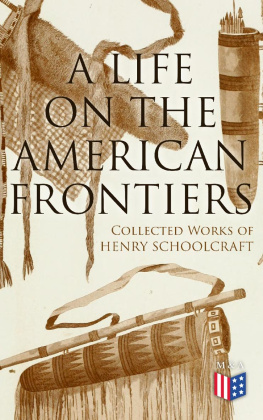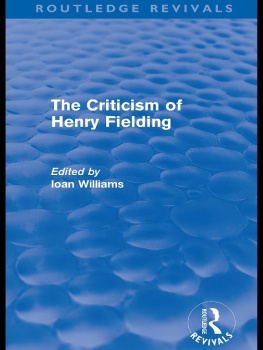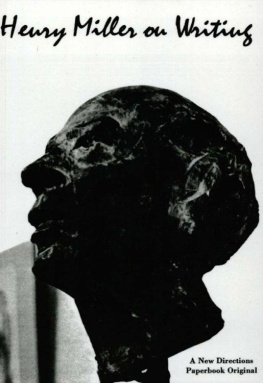THE PROEM BY THE CARPENTE R
They will tell you in Anchuria, that President Miraflores, of that volatile republic, died by his own hand in the coast town of Coralio; that he had reached thus far in flight from the inconveniences of an imminent revolution; and that one hundred thousand dollars, government funds, which he carried with him in an American leather valise as a souvenir of his tempestuous administration, was never afterward recovered.
For a real , a boy will show you his grave. It is back of the town near a little bridge that spans a mangrove swamp. A plain slab of wood stands at its head. Some one has burned upon the headstone with a hot iron this inscription:
RAMON ANGEL DE LAS CRUZES
Y MIRAFLORES
PRESIDENTE DE LA REPUBLICA
DE ANCHURIA
QUE SEA SU JUEZ DIOS
It is characteristic of this buoyant people that they pursue no man beyond the grave. Let God be his judge! Even with the hundred thousand unfound, though greatly coveted, the hue and cry went no further than that.
To the stranger or the guest the people of Coralio will relate the story of the tragic end of their former president; how he strove to escape from the country with the public funds and also with Doa Isabel Guilbert, the young American opera singer; and how, being apprehended by members of the opposing political party in Coralio, he shot himself through the head rather than give up the funds, and, in consequence, the Seorita Guilbert. They will relate further that Doa Isabel, her adventurous bark of fortune shoaled by the simultaneous loss of her distinguished admirer and the souvenir hundred thousand, dropped anchor on this stagnant coast, awaiting a rising tide.
They say, in Coralio, that she found a prompt and prosperous tide in the form of Frank Goodwin, an American resident of the town, an investor who had grown wealthy by dealing in the products of the country a banana king, a rubber prince, a sarsaparilla, indigo, and mahogany baron. The Seorita Guilbert, you will be told, married Seor Goodwin one month after the presidents death, thus, in the very moment when Fortune had ceased to smile, wresting from her a gift greater than the prize withdrawn.
Of the American, Don Frank Goodwin, and of his wife the natives have nothing but good to say. Don Frank has lived among them for years, and has compelled their respect. His lady is easily queen of what social life the sober coast affords. The wife of the governor of the district, herself, who was of the proud Castilian family of Monteleon y Dolorosa de los Santos y Mendez, feels honoured to unfold her napkin with olive-hued, ringed hands at the table of Seora Goodwin. Were you to refer (with your northern prejudices) to the vivacious past of Mrs. Goodwin when her audacious and gleeful abandon in light opera captured the mature presidents fancy, or to her share in that statesmans downfall and malfeasance, the Latin shrug of the shoulder would be your only answer and rebuttal. What prejudices there were in Coralio concerning Seora Goodwin seemed now to be in her favour, whatever they had been in the past.
It would seem that the story is ended, instead of begun; that the close of a tragedy and the climax of a romance have covered the ground of interest; but, to the more curious reader it shall be some slight instruction to trace the close threads that underlie the ingenuous web of circumstances.
The headpiece bearing the name of President Miraflores is daily scrubbed with soap-bark and sand. An old half-breed Indian tends the grave with fidelity and the dawdling minuteness of inherited sloth. He chops down the weeds and ever-springing grass with his machete, he plucks ants and scorpions and beetles from it with his horny fingers, and sprinkles its turf with water from the plaza fountain. There is no grave anywhere so well kept and ordered.
Only by following out the underlying threads will it be made clear why the old Indian, Galvez, is secretly paid to keep green the grave of President Miraflores by one who never saw that unfortunate statesman in life or in death, and why that one was wont to walk in the twilight, casting from a distance looks of gentle sadness upon that unhonoured mound.
Elsewhere than at Coralio one learns of the impetuous career of Isabel Guilbert. New Orleans gave her birth and the mingled French and Spanish creole nature that tinctured her life with such turbulence and warmth. She had little education, but a knowledge of men and motives that seemed to have come by instinct. Far beyond the common woman was she endowed with intrepid rashness, with a love for the pursuit of adventure to the brink of danger, and with desire for the pleasures of life. Her spirit was one to chafe under any curb; she was Eve after the fall, but before the bitterness of it was felt. She wore life as a rose in her bosom.
Of the legion of men who had been at her feet it was said that but one was so fortunate as to engage her fancy. To President Miraflores, the brilliant but unstable ruler of Anchuria, she yielded the key to her resolute heart. How, then, do we find her (as the Coralians would have told you) the wife of Frank Goodwin, and happily living a life of dull and dreamy inaction?
The underlying threads reach far, stretching across the sea. Following them out it will be made plain why Shorty ODay, of the Columbia Detective Agency, resigned his position. And, for a lighter pastime, it shall be a duty and a pleasing sport to wander with Momus beneath the tropic stars where Melpomene once stalked austere. Now to cause laughter to echo from those lavish jungles and frowning crags where formerly rang the cries of pirates victims; to lay aside pike and cutlass and attack with quip and jollity; to draw one saving titter of mirth from the rusty casque of Romance this were pleasant to do in the shade of the lemon-trees on that coast that is curved like lips set for smiling.

